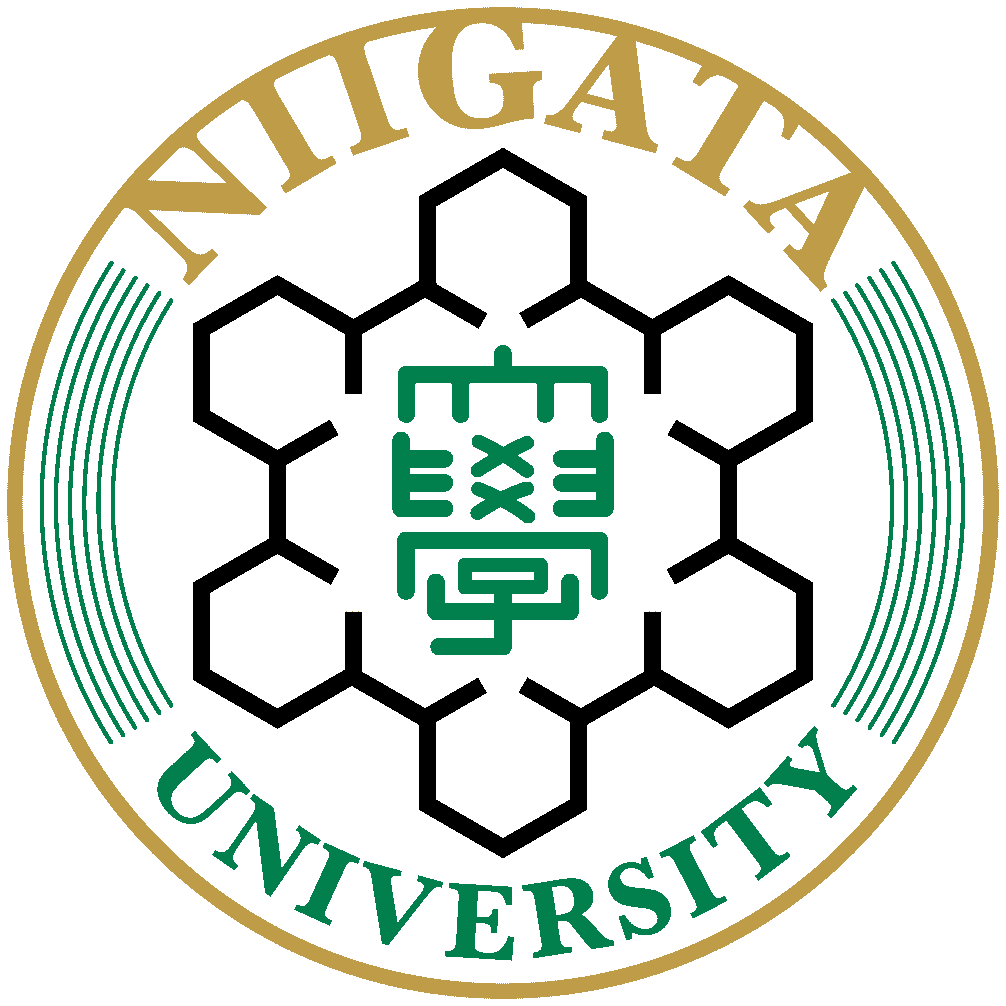Welcome!

We work with a passion in
PROTISTOLOGY
......
Graduate School of Science and Technology /
Faculty of Agriculture,
Niigata University, Japan

Asiloglu Rasit, PhD
Assistant Professor
asiloglu[at]agr.niigata-u.ac.jp
ABOUT US
Laboratory of Applied Protistology (LAP) is established in April 2022 by Asiloglu Rasit thanks to full support from Prof. Harada Naoki, members of Faculty of Agriculture, and the ‘Swing-by’ program at Niigata University, Japan. Our ultimate aim is to become a world-leading laboratory through high quality and novel research on diverse aspects of the protistology.
At LAP, we work hard to enhance the knowledge on protist ecology & function through natural and environemental sciences. Then, we aim to apply the scientific knowledge we have gained to develop practical & sustainable applications of protists in agriculture and life.
Our research topics are closely related to soil sciences, plant sciences, microbial ecology, and applied microbiology.
RECENT PUBLICATIONS & AWARDS
Publication
Bodur OS, Samuel SO, Polat MF, Aycan M,, Asiloglu R, 2025. Protists exhibit community-level adaptation and functional redundancy under gradient soil salinity. Science of the Total Environment, 981, 179606.
Publication
Asiloglu R, Bodur OS, Samuel SO, Aycan M, Murase J, Harada N, 2024: Trophic modulation of endophytes by rhizosphere protists. ISME Journal, wrae235.
Award
Bodur Ozer Seda (PhD) and Fujino Mayu (D1) received Student Awards from the President of Niigata University due to their achievements on particularly outstanding results in academic research activities and been highly regarded in academia.
Award
The Protistology lab received three awards at the Japanese Society of Soil Science and Plant Nutrition Conference (Fukuoka) in September 2024!
・Asst. Prof. Asiloglu Rasit: Encouragement Award
・Fujino Mayu (D1): Young Researcher Oral Presentation Award
・Kuno Hayato (M1): Young Researcher Poster Presentation Award
THE TEAM
Principal
Investigator
-
Asiloglu Rasit, PhD
Doctoral Course
(PhD)
-
Fujino Mayu
-
Steven Otieno Orito
Master's Course
-
Polat Muhammet Fatih
-
Ezer Enes Baki
-
Kuno Hayato
-
Ando Hinata
-
Kubota Hana
-
Fushimi Takahiro
Research Students
-
Fu An
Undergraduate
Students
-
Kamitake Yuumu
-
Okada Riho
-
Yamada Hajime
-
Oda Yuuto
-
Takabayashi Okuto
RESEARCH THEMES





Revealing the true impact of predatory protists on microbial communities.

Adopting this concept into soil ecology to understand how bacterial communities are shaped.

Discovering novel mechanisms of protist-enhanced plant growth.

Determining the factors driving taxonomic & functional diversity of protists communities.
TECHNOLOGIES

High Throughput Sequencing
(Illumina Miseq)

Bioinformatics

Biostatistics

FEATURED ARTICLES
-
Asiloglu R*, Bodur OS, Samuel SO, Aycan M, Murase J, Harada N, 2024: Trophic modulation of endophytes by rhizosphere protists. ISME Journal, wrae235.
-
Bodur OS, et al., Asiloglu R*, 2024: Top-down predators shape soil bacterial community composition while bottom-up nutrients drive bacterial abundance. Science of the Total Environment, 957, 177634.
-
Asiloglu R*, 2022: Biochar–microbe interaction: more protist research is needed Biochar, 4, 72.
-
Asiloglu R*, et al. 2021: Soil properties have more significant effects on the community composition of protists than the rhizosphere effect of rice plants in alkaline paddy field soils. Soil Biology and Biochemistry, , 161, 108397.
-
Asiloglu R*, et al. 2021: Top-down effects of protists are greater than bottom-up effects of fertilisers on the formation of bacterial communities in a paddy field soil. Soil Biology and Biochemistry, 108186
At LAP,
Diversity, Equality and Privacy
are fundemental.
We treat each individual equally with respect regardless of nationality, religion, gender, sexual orientation, gender identity, age, and disability.

DIVERSITY


LAP & SDGs


















